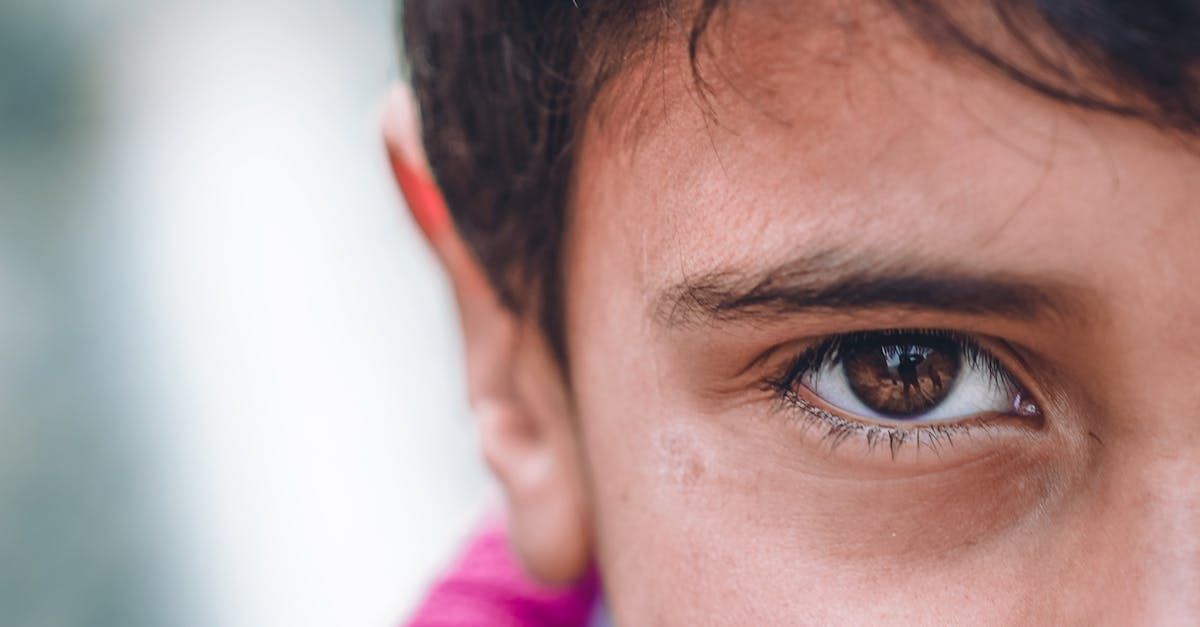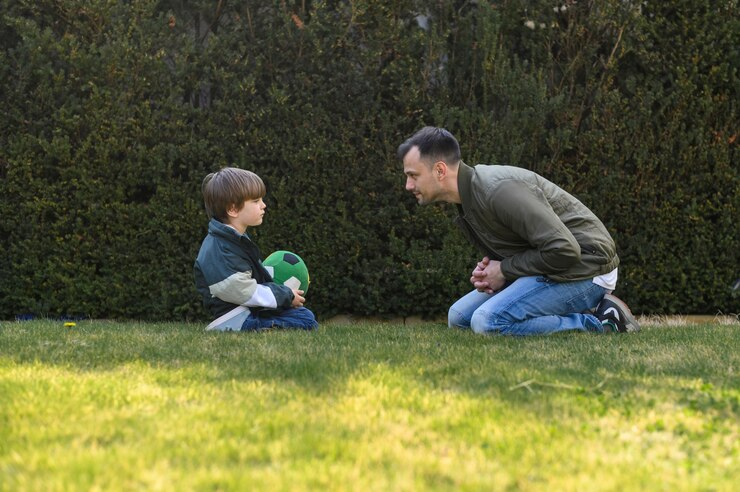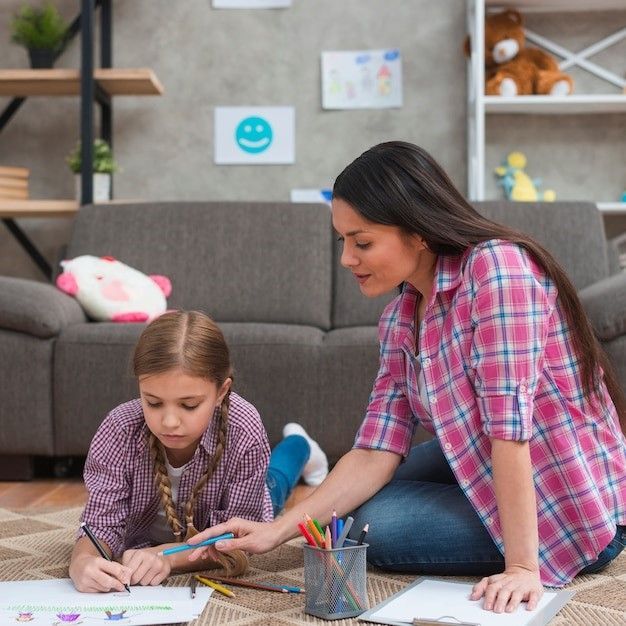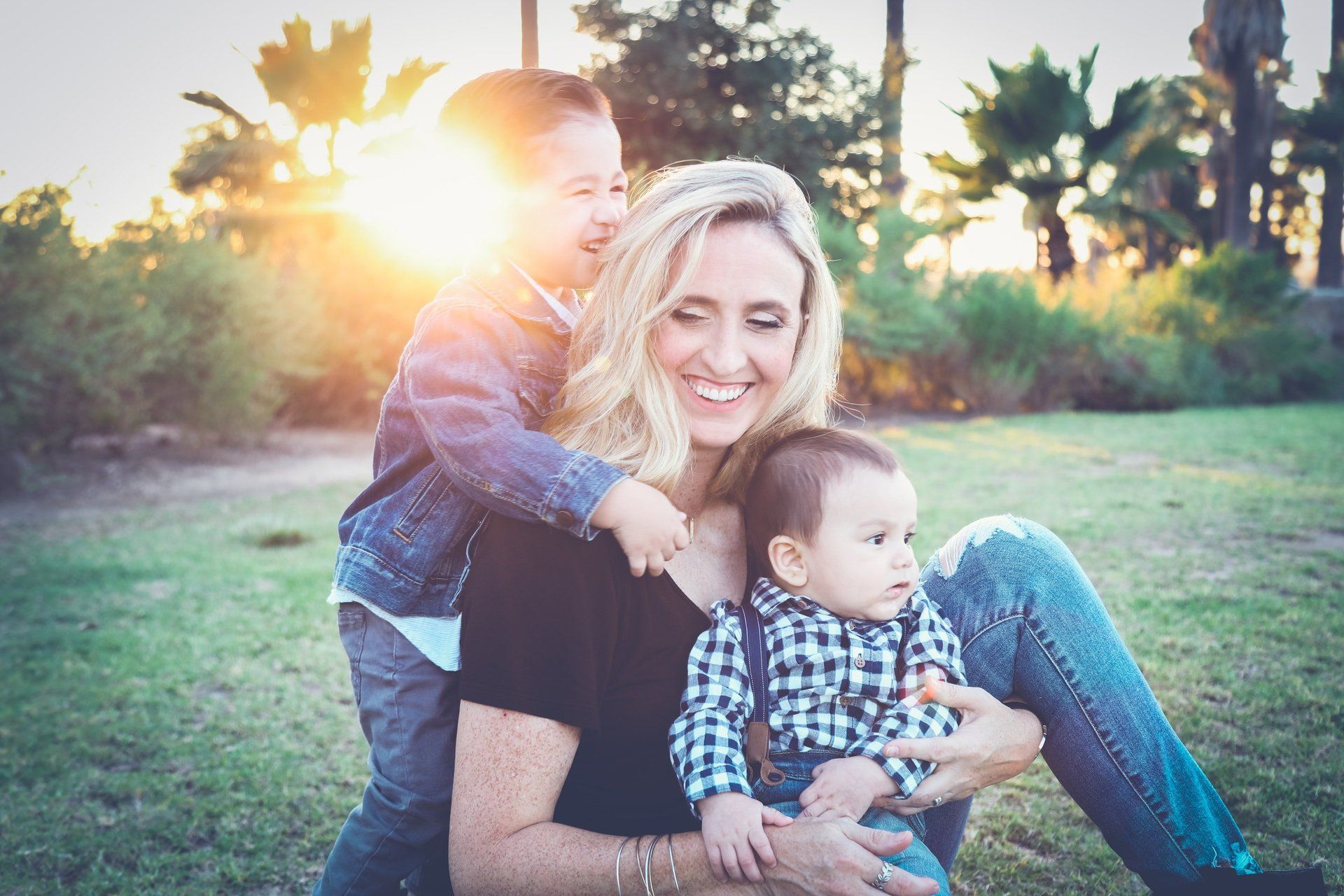Shame is a challenging emotion that affects both parents and kids

Why are negative emotions—disappointment, frustration, embarrassment, sadness—so challenging? Why do our kids melt down?
One of the reasons is we feel like we shouldn’t feel this way. We’re abnormal. We are wrong to feel this way. We’re the only one who feels like this.
So we not only feel the negative emotion—we also feel lots of shame around feeling the emotion.
Shame is the feeling that we are wrong, bad, or a mistake.
Our inner voice may even self-talk us out of it—“I shouldn’t feel this way. I’m wrong to feel this. I’m making a big deal out of nothing. I should feel fine. I have nothing to be upset about.”
And on and on.
So we invalidate ourselves—telling ourselves we are wrong to feel the way we do.
It’s understandable. As children, we probably learned that certain emotions were dangerous.
Hear me out. As children, for survival, we need our caregivers to stay close to us. Anything that threaten closeness with our parent is a survival threat. This includes aspects of our personality that make our caregiver uncomfortable--even emotions which make our caregiver reject us. If our caregiver is uncomfortable with our negative emotions--as children we will internalize that negative emotions are DANGEROUS to our survival.
This was important learning that might have kept us “safe” as children--but it also creates shame going forward when we have negative emotions.
So as adults, we want to create a situation where we take the shame out of these emotions.
We want to communicate to our children, as your parent, I am not going anywhere, regardless of your emotions.
So the huge benefits of creating a home where emotions really are safe is we remove toxic shame around emotions. We:
- remove the isolation over feeling like our child is the only one who feels this way
- we build a safer/more trusting relationship with our child
- we increase our child's tolerance for feeling these negative emotions while dealing with them in a regulated way—without going into fight/flight—meaning they can feel the emotion, and still access the parts of their brain that can create creative solutions, use humor, planning and strategies—as opposed to when we are in fight/flight when thinking becomes rigid, reactive, defensive.
How do we do this?
1.) First we want to normalize the emotion. We want to communicate all the feelings are OK. It’s OK to feel disappointed. It’s OK to feel sad. It’s OK to feel frustrated. Everyone feels these feelings. You are not alone. All of us feel these feelings. So one of the ways to do this is to talk about them. Talk about them before they happen. Talk about them when they happen. Talk about them after they happen.
My kids and I like to play the Mad Sad Glad game. This is a dinner time game where you go around the circle and share what made you mad/sad/glad that day. I like to add frustrated. But you could add anything. Disgusted. Surprised. Probably the biggest benefit to this game is the idea that you are normalizing. Every single day it is normal to feel mad and sad. Every day. For adults. Normal. And it’s OK to talk about it. And it’s OK for other people to know about it. So we are modeling so many healthy things about emotions when we share with our kids that we felt negative emotions that day too.
2.) Second, by talking about emotions, we create a coherent narrative. A coherent narrative means we help our child make sense of the experience and what their feelings were. Understanding helps create safety. Remembering the story of how someone cut us off in traffic and we got scared and then so angry that we almost crashed helps us to reprocess that experience in the context of our relationship in a way that helps us to feel safe with the emotions we felt.
3.) Third, when we relive negative feelings in a safe relationship, we practice being able to tolerate that feeling without going into fight-or-flight. We practice tolerating negative emotions, which stretches tolerance for them in the future.
So we talked about the idea of sharing the emotions from our day. What about talking about emotions in advance?
Every time we can share our own emotional experience with our child we normalize the emotion.
"I was so annoyed when XYZ happened."
"I’m feeling really sad because ABC."
Talking about our own feelings with children takes the toxic shame away from the emotion when our child has that feeling. We are modeling that emotions are normal. We are helping our child understand they can feel the emotion and be attachable with us in relationship.
THE POWER OF STORIES:
Telling stories from our own life are great for taking away toxic shame for our children. These stories can be real, or made up.
"Did I ever tell you, when I was your age, my teacher she yelled at me, and I was so embarassed?"
"I used to be afraid of the dark when I was your age, and I didn’t want to go anywhere alone, especially at night.”
We are taking the toxic shame out of the feelings.
We can decrease shame by talking about emotions in advance too.
- We essentially practice the emotion in advance with our child by talking about it, and even incorporating strategies.
- This takes the surprise away from the feeling, because we have prepared for it.
- "I wonder if you will feel a little nervous when it’s time to sing in front of all of those people? If that happens, what might be helpful do you think? What if you look for me, and I will blow you a kiss?"
- "When we get to the your friend’s house, I wonder if you will want to stay and it will be hard to leave when it’s time to go home. You might even feel really angry, or sad."
The important thing is the idea that we are communicating to our child that we expect negative emotions, they are normal, expected, and don’t make us defective.
When we *practice* emotions by talking about them with our child--we communicate that emotions are welcome. It takes some of the surprise and sting out of the emotion because it’s no longer a surprise for our child when they feel the emotion. And they have practiced feeling it with us—both in advance, and in retrospect--and this practicing expands their tolerance for the emotion by feeling it with us first in the context of a safe relationship.











